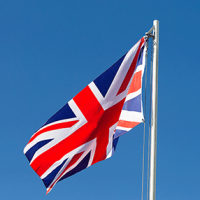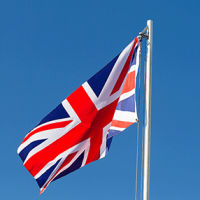
BREXIT, AN IN EXTREMIS AGREEMENT: THE START OF A NEW PROCESS
The Trade and Cooperation Agreement reached between the United Kingdom and the European Union will avoid a brutal rupture by establishing a framework for their future relations. But this Agreement, that still needs to be ratified by the Member States of the EU, does not mean that discussions between both parties have come to an end. Instead, it serves as a starting point of a process which will be long and may prove difficult.
At this stage, we note the following main points, which nevertheless require a detailed review of the provisions of the Agreement.
Regarding the trade of goods, the Agreement essentially provides for the continuation of tariff and quota free trade. But this does not mean that these exchanges will be carried out as from 1 January 2021 under the same conditions as before. New formalities generating additional costs and non-tariff barriers will apply. These involve, in particular, rules of origin, customs formalities and regulatory controls, variable depending on the types of goods. It will be necessary to refer to the specific agreements for the different business sectors to assess the full consequences. The implementation of these new rules, more or less progressive, will no doubt cause some friction.
In respect of services, the Agreement contains very few provisions. In particular, financial services have not been addressed and new negotiations will need to be initiated. If the loss of the European passport for financial sector firms established in the United Kingdom had been generally anticipated, temporary exemptions are going to be granted, for example in relation to clearing and settlement. However, the future “equivalences” between London and EU financial markets have to be negotiated to define the conditions in which services could be provided between UK and EU firms. In any event, the equivalence system will not give the same guarantees for financial institutions as the previous system. It is a strategic issue for the UK, but also for the EU.
More generally, competition rules should remain compatible with a balanced functioning between both parties. In the event of more pronounced divergence, disputes could arise and be brought before an arbitration panel, independent from the Court of Justice of the European Union. For companies, the choice of dispute resolution methods for commercial disputes will also be crucial, once the UK becomes a third country. Especially since the procedural costs in the UK are much higher than those incurred on the continent. It will therefore be necessary to carefully choose the governing law and the modalities for contractual termination.
Numerous other areas are affected by the UK leaving the EU and will have practical implications. We will be able to identify them more precisely after review of the agreements reached and those still to be negotiated.







